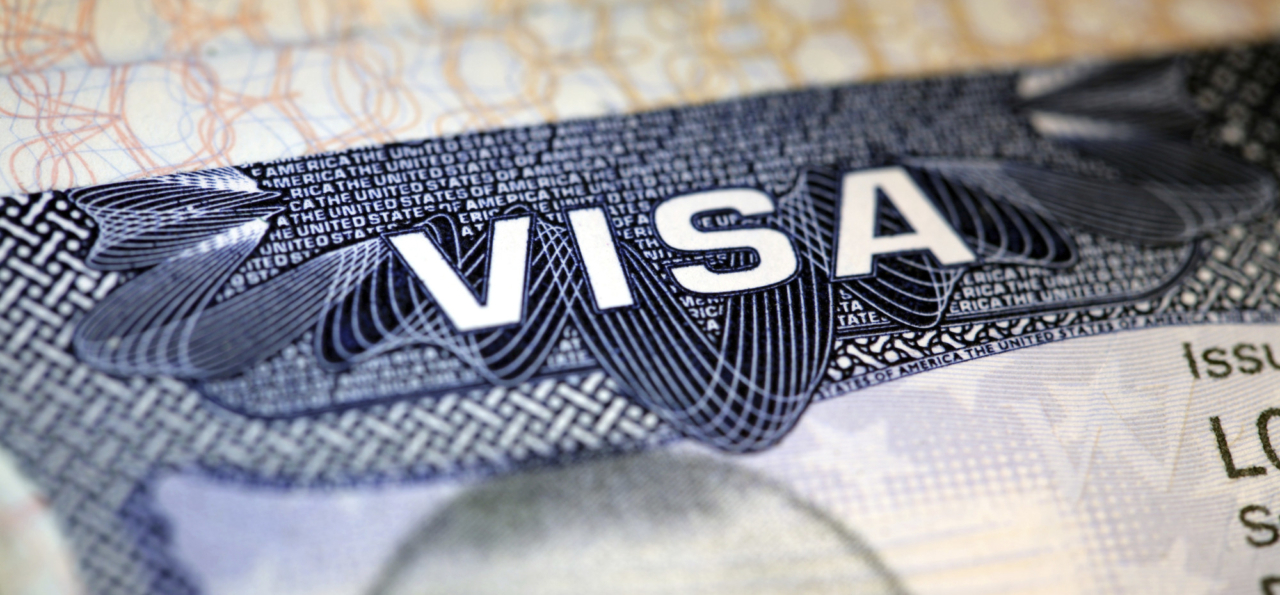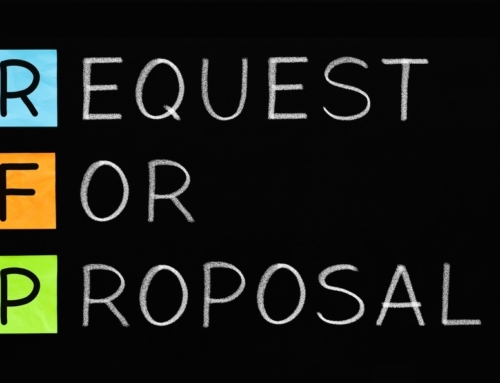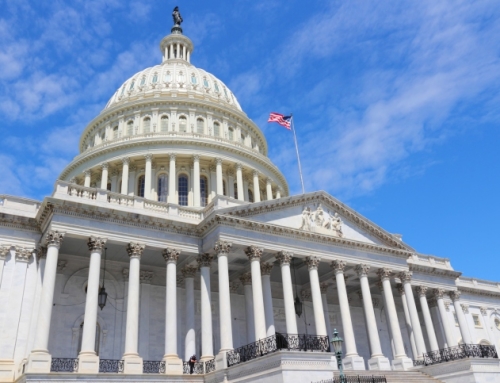After receiving a record number of electronic registrations to reach the annual H-1B visa cap for the 2024 federal fiscal year, US Citizenship and Immigration Services is voicing concerns of fraud in the system and indicating changes ahead for the lottery process.
USCIS on March 27 announced it received enough electronic registrations to reach the annual H-1B cap for the federal fiscal year beginning Oct. 1; the cap for the advanced degree exemption had also been reached. Registrations reached 780,884 for FY 2024, up 61% from FY 2023 and a whopping 184% increase from H1-B registrations received in 2021.
H-1Bs are temporary work visas for highly skilled foreign workers, such as those in technology or healthcare.
USCIS attributed much of the significant increase in registrations for FY 2024 to multiple registrations submitted for the same individuals, with registrations for beneficiaries with multiple registrations jumping to 408,891 in 2024 from 28,125 in 2021. It is not against the law or immigration rules to have multiple job offers and it is natural in a competitive labor market, Forbes reported. However, it could run afoul of the rules or the law depending on the fact pattern.
“The large number of eligible registrations for beneficiaries with multiple eligible registrations — much larger than in previous years — has raised serious concerns that some may have tried to gain an unfair advantage by working together to submit multiple registrations on behalf of the same beneficiary,” USCIS reported. “This may have unfairly increased their chances of selection. We remain committed to deterring and preventing abuse of the registration process and to ensuring only those who follow the law are eligible to file an H-1B cap petition.”
Based on evidence from the FY 2023 and FY 2024 H-1B cap seasons, USCIS has already undertaken extensive fraud investigations, denied and revoked petitions accordingly, and is in the process of initiating law enforcement referrals for criminal prosecution, according to USCIS.
Critics of the H-1B lottery program have long suspected that employers have been trying various ways to game the system, from submitting multiple applications for the same person to setting up a structure of contract or consulting-vendor arrangements to file for the same person, the Society for Human Resource Management reported. But this year, the number of ineligible registrations submitted by multiple employers conspiring together was so high that the problem was publicly addressed.
USCIS said “several dozen small technology companies” colluded to submit registrations for the same 96,000 workers — totaling 408,891 entries — to try to boost their odds of selection in the H-1B lottery, according to SHRM. More than half of the total entries are suspect, but the 350,103 eligible entries are still a record, compared with 309,241 last year.
The allegations of fraudulent filing may be good news to the many employers unable to meet their employment needs, as a second lottery could be conducted if USCIS finds enough duplicate entries among the selected registrations, SHRM reported. However, it is unlikely that a decision on a second lottery will be announced until after the petition filing period for selected registrants closes in July.
“The H-1B program is an essential part of our nation’s immigration system and our economy, and USCIS is committed to implementing the law and helping meet the ever-changing needs of the US labor market,” USCIS stated. “We are working on an upcoming H-1B modernization rule that will propose, among other improvements, bolstering the H-1B registration process to reduce the possibility of misuse and fraud in the H-1B registration system.”









